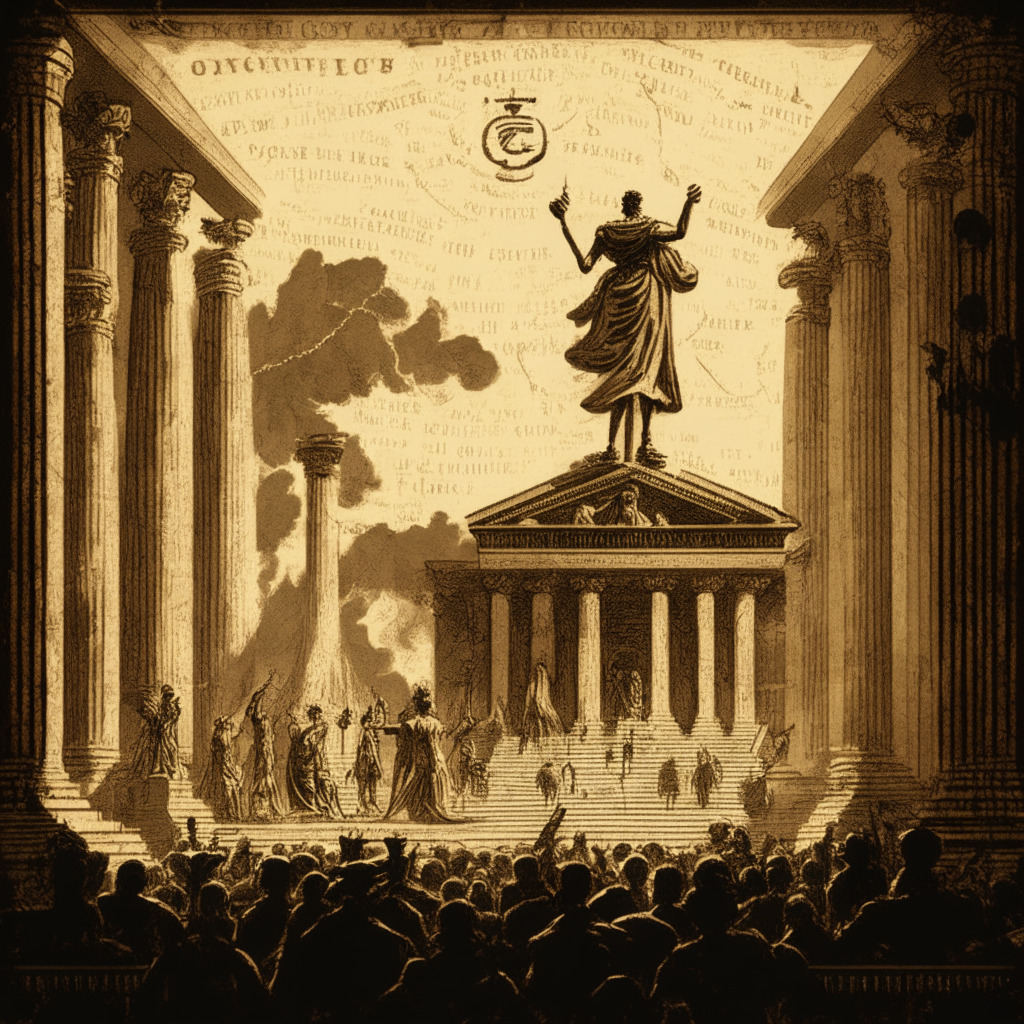In a recent turn of events demonstrating the power regulatory bodies wield over the cryptocurrency world, a federal judge in Texas has sided with the United States Department of the Treasury. This turn of events came into play in a motion for summary judgment in a lawsuit concerning Tornado Cash brought forth by six individuals supported by cryptocurrency exchange Coinbase.
Looking at this intriguing saga, there are a few points which may raise a few eyebrows among blockchain enthusiasts. Firstly, consider the judge’s ruling that Tornado Cash is an entity which can be designated as per OFAC regulations and does not exceed Treasury’s powers and is “not plainly inconsistent with its regulations”. The cryptocurrency community contests such claims, asserting it is a decentralized platform, free from a single authority’s control. However, the perception that blockchain technology is entirely free of governmental influence is challenged by such legal rulings.
Another angle to this multifaceted story is the lawsuit’s claim that the Treasury’s Office of Foreign Assets Control (OFAC)’s designation of Tornado Cash exceeded the Department’s statutory authority and violated the Free Speech Clause. While any restrictions placed on development and the use of blockchains might indeed seem like a violation of digital freedoms, it is important to remember that the laws of the land still apply in the digital realm. The legal system’s involvement in this case emphasizes that no matter how secure or private a blockchain might be, it is still subject to national and international laws and regulations.
On the other hand, Treasury’s authority to declare Tornado Cash a sanctioned entity questions the government’s grasp over such technical nuances. The link between a decentralized blockchain platform and foreign national interests is not entirely clear nor wholly justified. According to the government, Tornado Cash is linked to property interests in the smart contracts, but whether this point is above critique remains to be seen.
Put simply, the case underscores a delicate dynamic in the blockchain world – the continuous tussle between freedom and control, between decentralized finance and government intervention, each with weighty implications on the other. As the crypto industry braces for further regulatory scrutiny, this case symbolizes a battle of principles, the outcome of which could signal a profound shift in the way we view the future of blockchain technology.
Source: Cointelegraph




